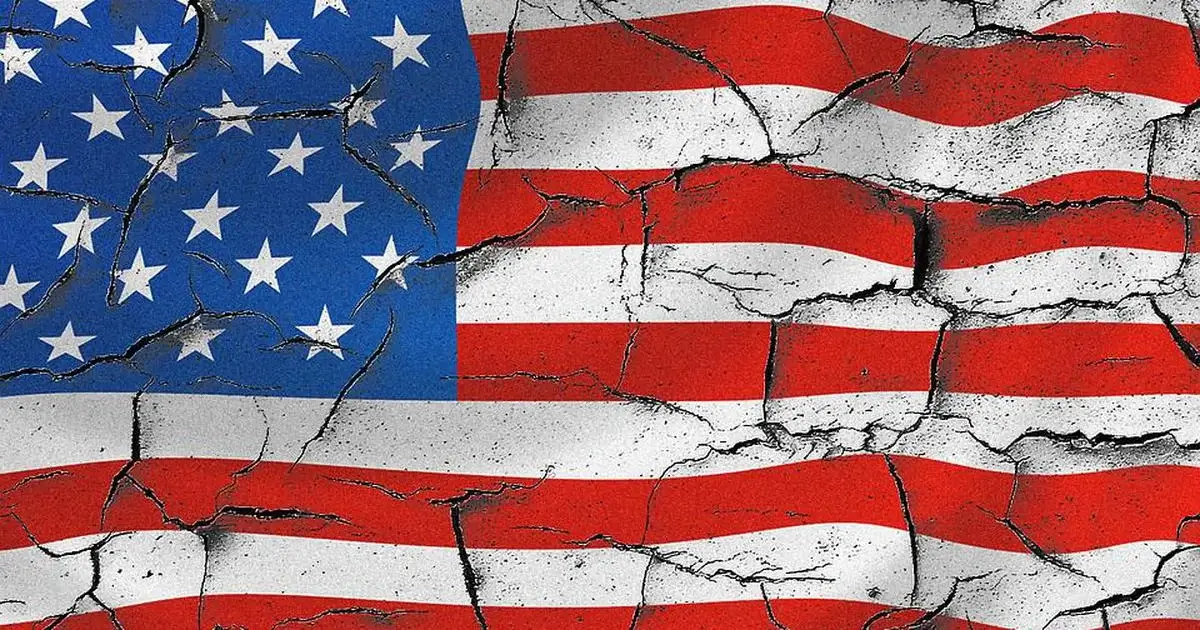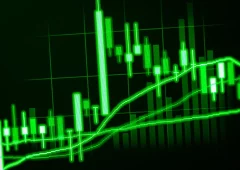Gloomy Outlook for U.S. Economy from JPMorgan CEO
16.09.2024 16:00 1 min. read Alexander Stefanov
JPMorgan Chase CEO Jamie Dimon recently raised concerns about the U.S. economy, citing the potential impact of inflation and increasing deficits.
Speaking at an event hosted by the Council of Institutional Investors in New York, Dimon highlighted the risk of stagflation—an economic condition combining recession with high inflation. He cautioned that inflationary pressures, particularly over the next few years, could lead to this challenging scenario.
Meanwhile, data from the Bureau of Labor Statistics showed that the annual Consumer Price Index (CPI) growth slowed to 2.5% in August, the smallest increase in three years.
With the Federal Reserve aiming to keep inflation at 2%, discussions around potential interest rate cuts are expected at the upcoming meeting on September 18.
In other news, JPMorgan’s stock took a hit after the bank adjusted its forecast for net interest income (NII), with President Daniel Pinto acknowledging that the initial projection of $90 billion may have been overly optimistic, according to Reuters.
Despite this, Pinto remained upbeat about the bank’s overall performance, emphasizing its solid positioning. JPMorgan’s shares dropped by 7%, their sharpest decline since 2020, but the stock has still seen a growth of over 18% this year.
-
1
U.S. PCE Inflation Rises for First Time Since February, Fed Rate Cut Likely Delayed
27.06.2025 18:00 1 min. read -
2
Key U.S. Economic Events to Watch Next Week
06.07.2025 19:00 2 min. read -
3
Gold Beats U.S. Stock Market Over 25 Years, Even With Dividends Included
13.07.2025 15:00 1 min. read -
4
U.S. Announces Sweeping New Tariffs on 30+ Countries
12.07.2025 16:30 2 min. read -
5
US Inflation Heats Up in June, Fueling Uncertainty Around Fed Cuts
15.07.2025 16:15 2 min. read
US Inflation Heats Up in June, Fueling Uncertainty Around Fed Cuts
U.S. inflation accelerated in June, dealing a potential setback to expectations of imminent Federal Reserve rate cuts.
Gold Beats U.S. Stock Market Over 25 Years, Even With Dividends Included
In a surprising long-term performance shift, gold has officially outpaced the U.S. stock market over the past 25 years—dividends included.
U.S. Announces Sweeping New Tariffs on 30+ Countries
The United States has rolled out a broad set of new import tariffs this week, targeting over 30 countries and economic blocs in a sharp escalation of its trade protection measures, according to list from WatcherGuru.
Key U.S. Economic Events to Watch Next Week
After a week of record-setting gains in U.S. markets, investors are shifting focus to a quieter yet crucial stretch of macroeconomic developments.
-
1
U.S. PCE Inflation Rises for First Time Since February, Fed Rate Cut Likely Delayed
27.06.2025 18:00 1 min. read -
2
Key U.S. Economic Events to Watch Next Week
06.07.2025 19:00 2 min. read -
3
Gold Beats U.S. Stock Market Over 25 Years, Even With Dividends Included
13.07.2025 15:00 1 min. read -
4
U.S. Announces Sweeping New Tariffs on 30+ Countries
12.07.2025 16:30 2 min. read -
5
US Inflation Heats Up in June, Fueling Uncertainty Around Fed Cuts
15.07.2025 16:15 2 min. read


